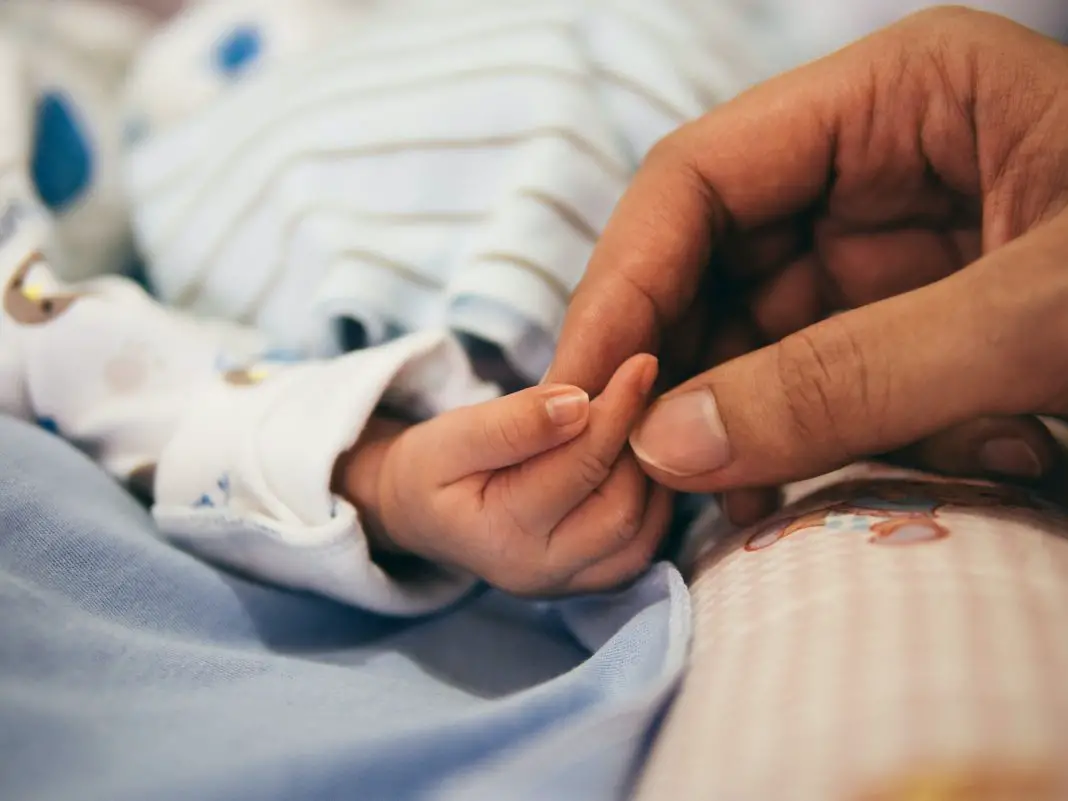There are lots of expectations regarding what/ how and when an African woman should do things such as getting married, starting a family or change in career. The popular saying that a woman’s biological clock is ticking has pressured a lot into some abusive relationships/marriages.

For others, they have become very financially dependent on their spouses as they had to either leave their jobs or accept a lesser paying job.
Breaking grounds as a female in your industry can be threatening for the male but surely, that’s the only way to secure yourself as a woman as the table can accommodate both genders.
With increased infertility rate around the world which stands at 10.1% in Africa, it is precautionary that women do routine medical checkups and with proper advice from their doctor to preserve her fertility while ‘smashing’ her career goals.
Article Content
How do I Preserve my fertility?
As women, we are born with all the eggs we will ever use in our lifetime and with each monthly cycle comes a reduction in the number of eggs, it is therefore advised to do what is medically called social egg freezing.
What is social egg freezing?
It is storing of a healthy fertile woman’s egg pending when she is ready to start a family. It is called ‘social’ egg freezing to distinguish is from medical egg freezing for women with medical conditions like cancer or endometriosis. For some organizations, this package is infused in their employee benefit package- we hope this becomes a standard in the near future.
When is the best time to freeze my eggs?
The best time to freeze your eggs is in your 20’s, however it can still be done for women between 30 and 37 years of age. It is important to note that increase in age is associated with higher percentage of chromosomal abnormality.
What does it entail?
The first step after consulting your physician is to ascertain your ovarian reserve via blood test for anti mullerian hormone (AMH) and then perform antral follicular count via transvaginal scan. The latter is usually done on day one or day two of the woman’s cycle. Results from these tests give insight to how much eggs are remaining and what protocol should be used for optimum result.
Drugs that will help recruit more follicles than normal will be administered daily. This also involves lots of visits to the clinic for close monitoring of the developing follicles. Once the eggs have attained a particular size, it is assumed that they have matured and an egg collection date will be chosen.
The process of egg collection itself is done under conscious sedation using a transvaginal ultrasound guided needle to aspirate fluid from the follicles and it takes between 15-20 minutes. An Embryologist examines the eggs under a special microscope, the matured eggs are taken and prepared for freezing.
How is freezing done?
The matured eggs are safely put on straws and frozen in liquid nitrogen at a temperature of -196 degree Celsius inside a Dewar.
What are the side effects of egg collection?
Starting from the drugs being administered for stimulation, you can experience headaches, dizziness etc. After egg collection, you might experience weight gain often caused by OHSS – ovarian hyperstimulation syndrome, nausea.
How much does it cost?
Prices differ based on location of the clinic, standard of care and BMI (body mass index) of the individual. People with larger body mass will use more dosage to achieve the desired result. The cost is broken down to 1. Registration and consultation: 10,000 – 25,000 naira 2. Infection screening/hormonal analysis/baseline scan: 50,000 – 150,000 naira 3. Drugs: 200,000 – 350, 000 naira 4. Egg collection: 350,000 – 400,000 naira 5. Freezing: there are flexible payment options like quarterly, bi-annually and annually. However, annual payments are more cost effective but depending on your cash inflow, you can opt for the quarterly plan.
Please note: The above prices are not attached to a particular fertility clinic rather an idea of what to expect as regards to cost.
If you want to store more egg, then a second cycle will be scheduled three months after your last egg retrieval. This is to allow the engorged ovaries to return to normal and the body in general. For the goal-getter woman who want to get to a particular radar in her career before starting a family, this might be an option to consider.
Social egg freezing is safe and while it allows you delay child bearing, it can serve as a backup plan should you for some reason experience premature ovarian failure- when a woman’s ovaries stop working before the age of 40. In a society where we naturally give care continuously, it is important we pause at times and be sure we are caring for ourselves also.
As a woman, you have the right to prioritize your life according to what makes you happy and comfortable. And if social egg freezing is going to make that happen, you should unapologetically do so with your physician’s advice.
Written by
Chidinma Ndoeche Okeke
Read Also: When that vagina itch won’t go away

Chidinma Ndoeche Okeke is an embryologist with few years of relevant experience and has great passion for reproductive health. She holds masters degree in Human Anatomy from the University of Lagos. Haven seen how infertility has negatively impacted on marriages, her passion in consequence, extends to using her knowledge and experience to create awareness on fertility issues.

